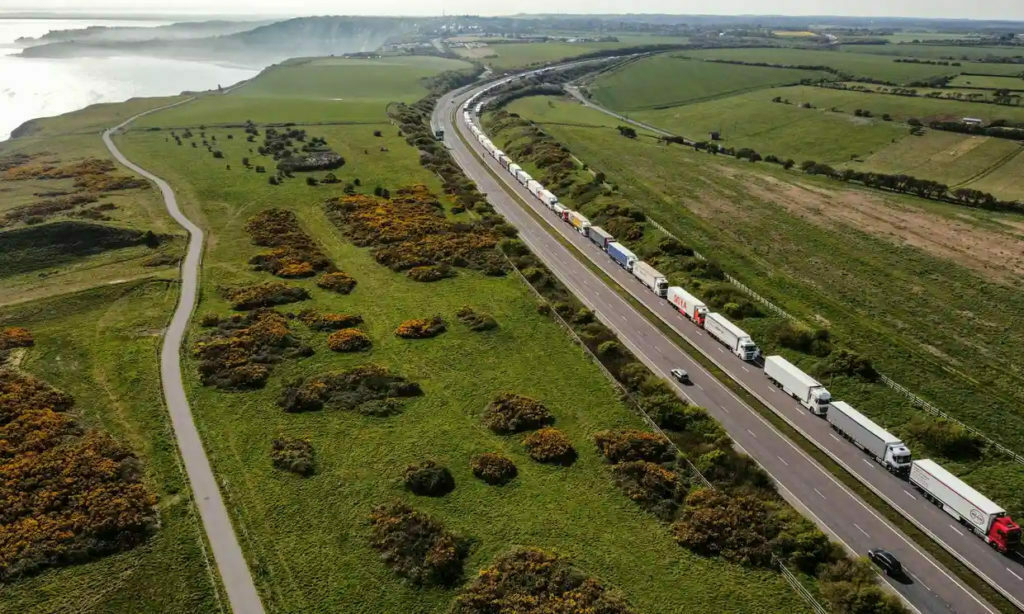Counting the cost of Brexit
Another article about Brexit, after one last week. I think Brexit was a form of economic suicide, but over the weekend I’ve been thinking about the wider perspective.
Not only did we have a huge worldwide economic crash around 15 years ago, but everyone came online with their smartphones around the same time. So we’ve had a lot of revelations and a lot of resetting to do. Perhaps all of this is the tumultuous times before a new form of society?
One can only hope. Britain is going to be screwed no matter what, because we’re disconnected from our main trading and cultural partners.
Most of the trade deals with non-EU countries that the UK has signed have been small in their economic effect, and have merely been “rolled over” from identical ones when we were an EU member. Even Jacob Rees-Mogg, the minister for Brexit opportunities, has stopped talking about Brexit and the UK economy, and instead focuses on what he says is the democratic dividend, the winning back of control, and the return of sovereignty. That is not surprising because day by day the economic data is piling up showing the harm that leaving the EU is doing to the nation’s finances.Source: ‘What have we done?’: six years on, UK counts the cost of Brexit | The GuardianJohnson and the Vote Leave campaign promised in 2016 that £350m a month would flow back from Brussels because we would stop contributing to EU coffers.
The impression was that there would be no downside. We would thrive outside Europe’s bureaucracy which was strangling our companies with red tape. The huge benefits of the single market – trading freely across borders, with common standards – were never highlighted by Vote Leave, and rarely by the crudely alarmist Remain camp, either.
Only now, with the worst of the pandemic (probably) behind us, and ministers unable to blame Covid, is Brexit reality being laid bare.
Next year the OECD calculates that the UK will record the lowest growth in the G20 with the exception of Russia whose economy is being drained by its war on Ukraine.
